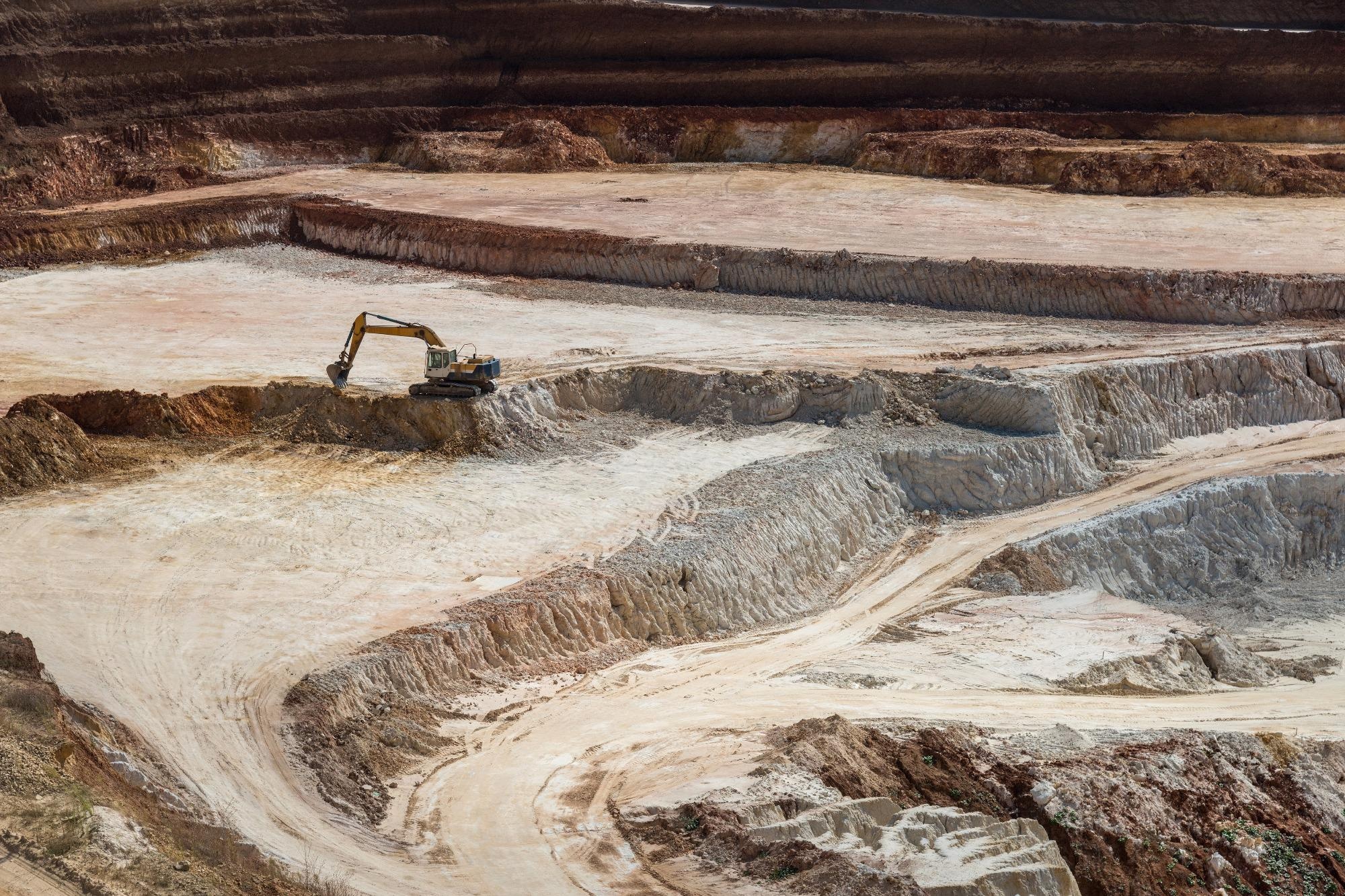Seven exploration permits have been awarded by the Arizona State Land Department to Ameriwest Lithium, a North American lithium exploration and development company, to permit the company to carry out exploration work for potential lithium-bearing clays found in west-central Arizona.

Image Credit: Shutterstock.com/ Diyana Dimitrova
The total area of the property in Yavapai County is approximately 2,859 acres (1,157 hectares). Ameriwest calls the prospect the Thompson Valley Hectorite Deposit.
We are pleased to make this, the fourth of a series of lithium exploration properties recently staked by the Company in the United States. This deposit represents prospective lithium sedimentary mineralization with surface or near-surface exposure of lithium-bearing clays, with historic grades reported as comparable to those found in similar sedimentary deposits found in Clayton Valley, NV.
David Watkinson, President and CEO, Ameriwest Lithium Inc.
“Ameriwest’s technical team has put together a series of high-quality exploration properties in an extremely short period of time and each of these properties holds promise for the discovery of lithium and, with exploration success, the potential delineation of mineral resources,” added Watkinson.
In the mid-1950s, Joseph Lyles originally discovered surface clay deposits in the area, and the deposits were referred to as the “White Hills” deposits. The deposits contain hectorite and bentonite (montmorillonite) clays.
Historically, the deposits have also been sampled and are known to hold lithium. Data from exploration activities in the 1960s shows the lithium content of the bentonite ranging from 0.3 to 0.5% Li2O (1,400 to 2,300 ppm Li), which is close to the lithium contents for other lithium-clay developments situated further north in Arizona.
These are historic samples taken before the enactment of National Instrument 43-101 (“NI 43-101”), QA/QC procedures are unknown, and the geologists at Ameriwest cannot confirm the results. The results do signify, however, the occurrence of lithium and warrant the need for further exploration to assess the deposits.
Mining activities in the area started in 1985 at the neighboring Lyles Hectorite Mine, and it was reported that a few truckloads of the white clay were transported annually for limited use as a viscosifier for pharmaceuticals and cosmetics.
The mine is presently owned and run by Vanderbilt Minerals, LLC, a subsidiary of R.T. Vanderbilt Holding Company, a private industrial minerals and chemical company that has been open since 1916 and makes and sells industrial chemicals and minerals on a global basis.
The Lyles Mine is situated on a State mineral lease nearby Ameriwest's lithium’s mineral leases and exploration permits. The deposits are shallow, occurring near or at the surface, possibly under a hard caliche or sandy layer. It has been stated that the total clay sequence is 70 ft (21 m) thick, comprising a hectorite bed with a thickness ranging from 8 to 35 ft (2.4 to 11 m).
This is corroborated by an older reference that specifies a thickness of more than 40 ft (12 m) as a comparatively uniform deposit over the area. The neighborhood of Ameriwest’s Property close to the Lyles Mine does not ensure successful exploration or that mineral reserves or resources will be defined. No mineral reserves or resources have yet been demarcated on the property.
Ameriwest will pursue a field exploration program of geologic mapping and surface sampling to accurately delineate the grade and extent of the deposit. The location has ideal access and is closer to State Highway 93. A county road passes immediately through the prospect in an area called Thompson Valley. The lands are 120 miles (190 km) north of Phoenix, and a large copper mine is located close to Bagdad, AZ 35 miles (56 km) to the northwest.